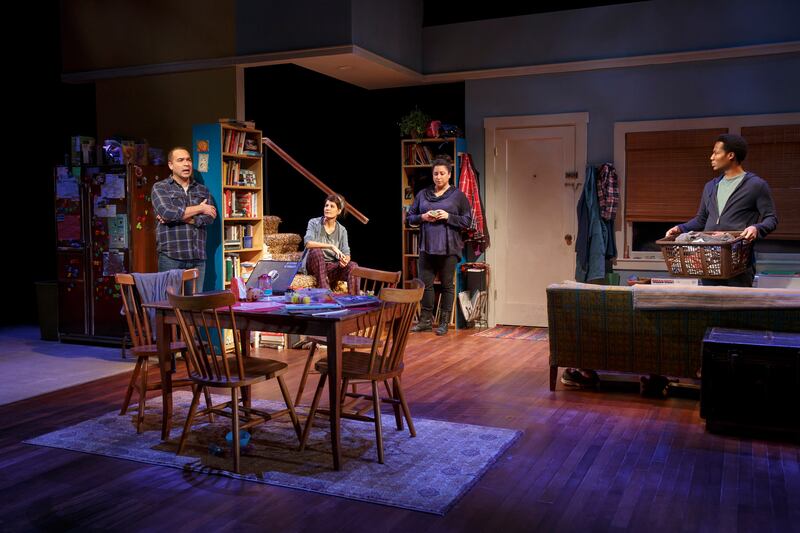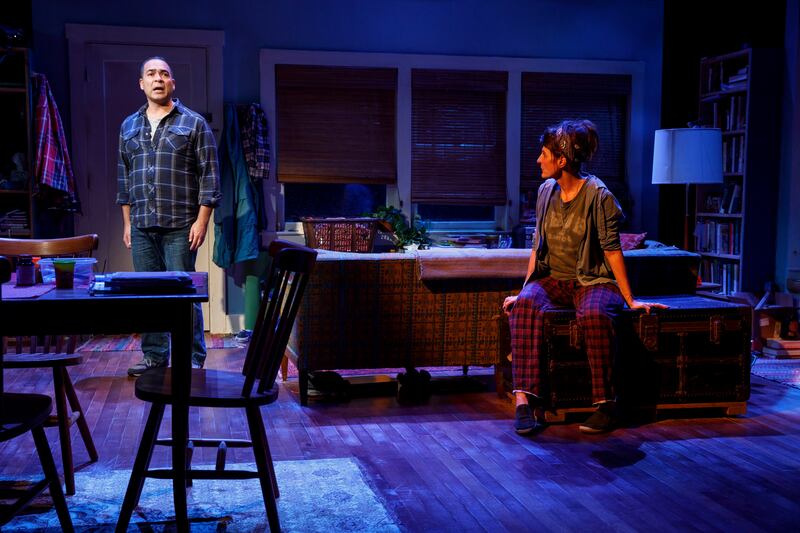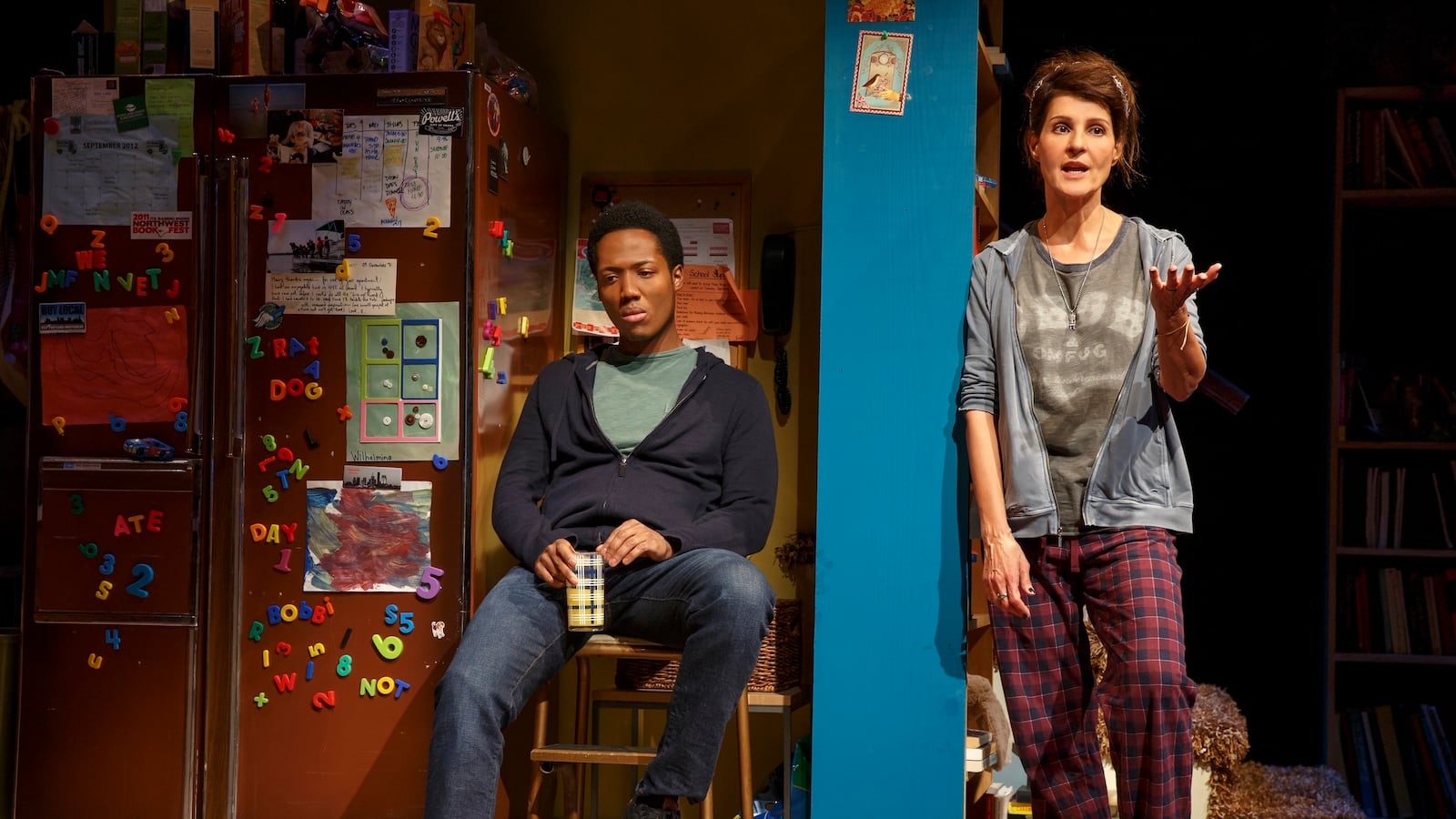It takes concentration to listen to other people’s problems, and an advice column like Cheryl Strayed’s phenomenally popular “Dear Sugar,” which the author wrote from 2010 to 2012 for The Rumpus, must both feel warmly personal to whomever is requesting help and strike as many chords as possible for a mass readership.
The advice column, or “problem page,” is both personal and collective, and a set of conflicting impulses. The person seeking help does so publicly, if anonymously. The agony aunt or uncle gives their advice publicly, and the reader is caught between rubbernecking other people’s tragedies and hopefully feeling compassion or the ring of familiarity in the problems they’re reading about—and the advice being offered.
Long before Twitter and Facebook became chock-full of people confessing and revealing their innermost thoughts and feelings, the problem pages of newspapers and magazines were the glimpses we got of what was going on behind people’s drapes and inside their minds: the affairs, the grief, the marriage problems, the secretly gay, the child-by-another-man, the aching unhappiness. Strayed—most famously the author of Wild—was part of a new generation of agony aunts and uncles, engaging more directly and tartly with readers: “Dear Abby” gets spiky.
Strayed’s much-acclaimed “Dear Sugar” columns first became a 2012 book, Tiny Beautiful Things: Advice on Love and Life, and then last year a play, adapted for the stage by Nia Vardalos of My Big Fat Greek Wedding fame, and co-conceived by Strayed alongside Marshall Heyman and the director Thomas Kail.
Oskar Eustis, the Public’s artistic director, says the play is as close he has come to a religious experience. “Watching it, I am both delighted by life’s possibilities and brought in touch with the tragedies that are an inevitable part of our lives.”
Now the play has returned to the Public, and—judging by the many sniffles around me—some people found it, like Eustis, extremely moving; me, rather less so.

Teddy Cañez, Nia Vardalos, Natalie Woolams-Torres in Tiny Beautiful Things, based on the book by Cheryl Strayed; adapted for the stage by Nia Vardalos; co-conceived by Marshall Heyman, Thomas Kail, and Nia Vardalos; and directed by Thomas Kail, running at The Public Theater.
Joan MarcusThe conceit used by the play is to place the action within the physical space of Strayed’s home, an appealingly clutter-filled and lived-in kitchen and living room space designed by Rachel Hauck. Vardalos plays her with a clipped and knowing warmth; she’s the cool sister who’s swallowed a huge-dose of new-age self-love and knowledge.
The other cast members—Teddy Cañez, Hubert Point-Du-Jour, and Natalie Woolams-Torres—play a gallery of those with problems who write to her. They are obviously unseen by Vardalos, yet they all wander around the house, which doubles as their own domestic spaces, eating potato chips, sitting on the couch, leaning on the kitchen counter, pouring an orange juice, then pouring it away and going for a neat vodka. When they are not speaking, efficiently lit by Jeff Croiter, they sit or retreat to the shadows.
What is intense and very readable on the page is somewhat more lackluster on the stage, which is a recitation of problems, and Strayed’s responses to them. These responses are invariably fluent and delivered with a smooth wisdom. Many of the problems are sad and even searing, others provide light relief. The play may make you laugh as well as cry.
Some letters go unanswered and are used to show how many letters, and their variety, that Strayed received. “I get seasick and I have a boat trip coming up with my boss. He doesn’t like me. I mean, he really doesn’t like me. I don’t want to go on the trip, I want to call in sick before I get on the boat and get seasick. What’s your advice?”
Or: “I am a 35-year-old woman, I lost my job and am entering into an arrangement with a married man: we will rendezvous twice a week and he will pay me $1,000 a month. I have many thoughts and questions, including: is this taxable income?”
The first letter Sugar/Strayed responds to properly is by somebody, “Confused,” who wants to know when the right time is to say, “I love you.”
Sugar’s response emblemizes everything that people who loved “Dear Sugar” probably love. It offers advice, but not before we hear a lot about Strayed, who as a problem-solver consistently inserts herself and her own experience into the spinning of a solution. Her empathy appears impossible to express without her own self front and center. Thus, this response begins with “love,” the last word her mother ever said to her before she died.

Teddy Cañez and Nia Vardalos in Tiny Beautiful Things, based on the book by Cheryl Strayed; adapted for the stage by Nia Vardalos; co-conceived by Marshall Heyman, Thomas Kail, and Nia Vardalos; and directed by Thomas Kail, running at The Public Theater.
Joan MarcusThe rest of her response, its tone, and Vardalos’ tone on stage, is soporific, delivered in a kind of scratchily kind and careworn monotone that sounds bored, but containing words that are passionate and alive:
“You asked me when is the right time to tell your girlfriend that you think you love her and my answer is when you think you love her. Be brave. Brave enough to break your own heart. Tackle the motherfucking shit out of love. Look, we’re all going to die. Hit the iron bell like it’s dinnertime.”
Well, sure, that sounds great, but Sugar/Strayed’s response shows only a partial understanding or desire to understand the person’s circumstance. Most of Sugar’s responses provide an opportunity for her to write and riff; the questioner feels incidental. “Dear Sugar” the column—and I say this admittedly as a newbie—feels like it is more about Strayed and less about the people asking for her counsel.
One letter, from a woman “stuck” after a miscarriage is treated to a long treatise on the time Sugar helped underprivileged children, because, umm, just as those kids “reached” for something better, so should the lady who had had a miscarriage. Again, you wonder—as one reader asks her, and which she doesn’t really address—why on earth Sugar keeps having to self-indulgently insert herself into these people’s problems. The signoff “Sugar” speaks of a sweetness, yet it is begins to feel, as enforced sweetness can, cloying.
We hear about her now-husband telling her she didn’t have to be broken for him; then with gorgeous fluency: “I realized I could be every piece of myself. I could be vulnerable and strong, fearful and fearless, I could be everything I was and wanted to be. And that things could be valid and yet contradictions of each other was the unification of the ancient and the future parts of me.”
The wisdom, the self-knowledge gained, rushes like a torrent. But how did Sugar/Strayed attain such floaty but steel-strong self-enlightenment? The complexity of that trajectory remains a mystery.
She claims that there are advice columnists who position themselves as “The Ones Who Know.” She says she is “The One Who Doesn’t Know But Who Will Work Really Really Hard To See What I Can Find.” On stage, however, she seems very much the former rather than the latter (whatever the hell the latter means).
On stage, Sugar’s narcissism is exacerbated because the play doesn’t use any dramatic device to create a piece of narrative. There is no sense of jeopardy, no progression, no development of Strayed as a character. For 85 minutes we are merely privy to her as a pajama trouser-wearing hip seer who has seen it, done it, lost it, and got it back again.
We hear references to her drug addiction and the breakdown of her first marriage, but these merely stand as rough totems of a life lived: We do not get to hear how these periods of hardship came to be, what they actually involved, the damage they did, and how meaningful emotional repair from them was achieved. They happened, she’s parceled them up, and here they are ready to be dispensed, bite-sized, to others. Trauma has been made convenient and consumable. Our knowledge that she has suffered it is apparently all we need to know; this is her qualification.
Sugar’s best responses are the snappiest ones, such as when she advises—with merciful brevity—someone to stop lusting after someone else, who, notes Sugar, “is like a motorcycle with no one on it. Dazzling. Going nowhere.”
Online or on the page, you can dip in and dip out of advice column correspondence; a play holds you, as spectator rather than reader, a different kind of hostage. Instead of a story here, there is a scattering of stories, leading to a kind of crown jewel of sniffle-producing stories.
This section, about a father’s grief over the death of his son is beautifully acted by Cañez, who is the play’s standout performer.
Before this moment, he and Vardalos have also crafted the perfect resolution to a reader, “WTF,“ who consistently asks Sugar “what the fuck” about life generally, and here the depth of sadness and loss contained within his letter and Sugar’s own struggle to even attempt to ameliorate it are both brilliantly crafted.
There are also some piercing moments toward the end, where the brevity of Strayed’s writing again proves so much more powerful than the gloopy, be-your-best-self sermonizing preceding it. She recalls, for example, a coat her mother gave her, and the sight of some purple balloons held by a little girl while Strayed was strung out on heroin.
These autobiographical anecdotes have their roughness smoothed away to make a point which is enshrined in the title of the play. They are too brief and fleeting, but said crisply and directly to us they reveal, finally, something glinting of Strayed herself. A little too late, Sugar acquires some snap.
Tiny Beautiful Things is at the Public Theater, New York City, until Dec. 10. Book tickets here.





